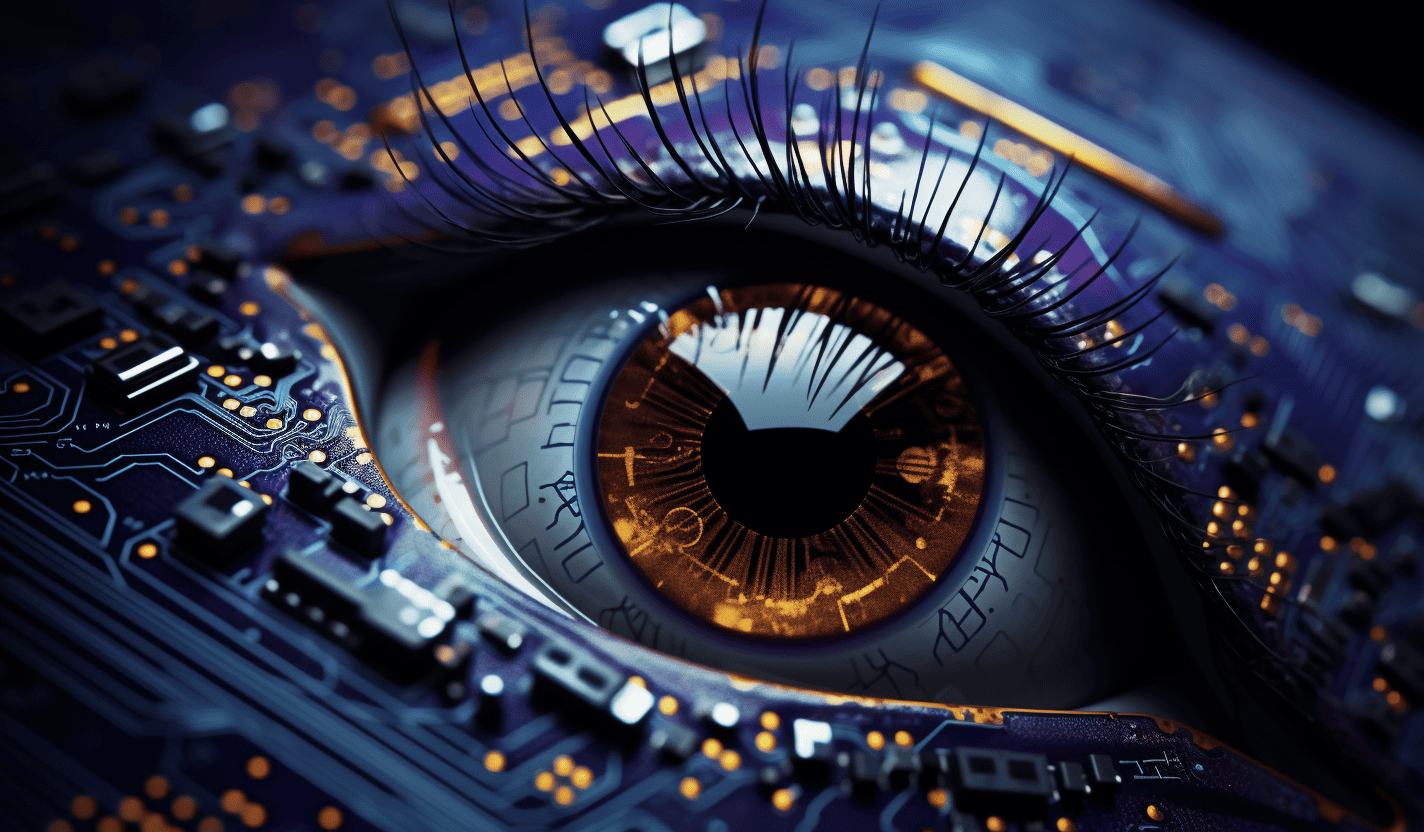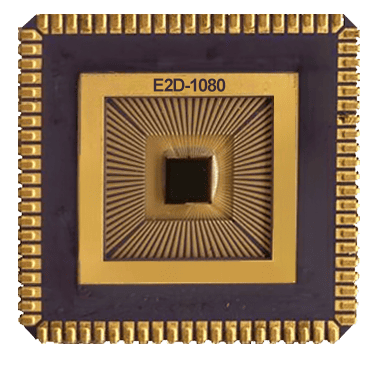ET-1080 Bio-Inspired Imaging Sensor

ET-1080 CMOS Imaging Sensor Specs

- 1080×1080 sensor resolution
- RGB colour pattern
- Dynamic range tunable through I2C-like interface (>110dB)
- 3um pixel pitch
- 4.20mm x 4.00mm module size
- Power consumption <50 mW
- Photo sensible area size 3.24mm x 3.24mm
- Sensor frame rate 24fps (max at full frame)
- Differential analog data output
- 1.8V – 3.3V supply voltage
- AI-Ready
- CMOS sensor
Why Select Eye2Drive Sensors?
Tuned Sensitivity
If the lighting is low in the current context, EYE2DRIVE’s imaging sensor can increase the sensitivity in real time, providing the critical and reliable information needed.
No Artefacts
Get rid of flickering and ghosting! Everything is native in a single image, which means zero data payload and no artifacts or ghosting when moving objects are involved.
Low Power
The EYE2DRIVE’s E2D-1080 imaging sensor has been built around the standard linear pixel and is designed for low-power applications such as autonomous car navigation systems.
